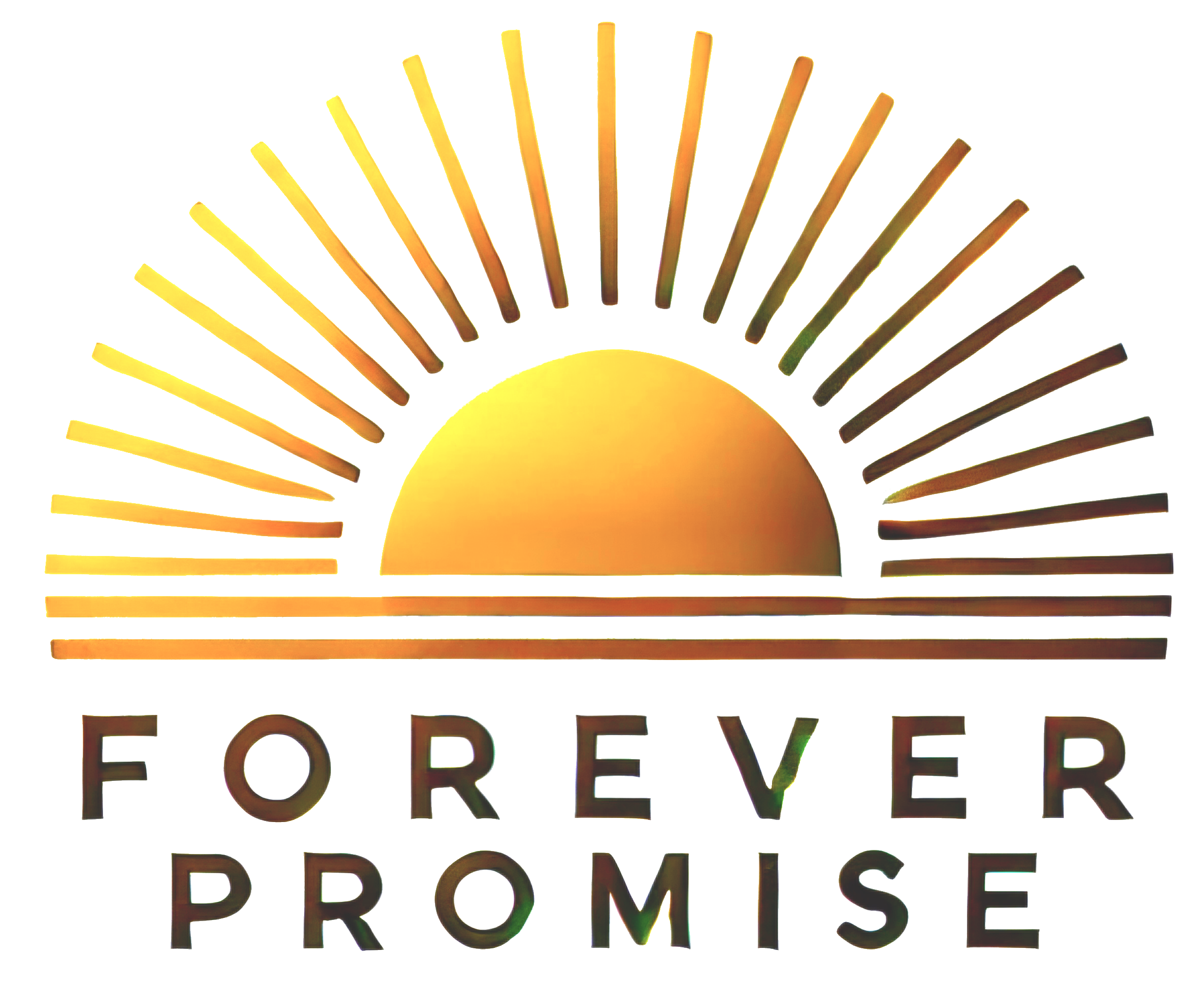John 6:1-15
Jesus, Our Provider
In this passage, Jesus performs the miraculous feeding of over five thousand people with just five barley loaves and two fish.
This miracle demonstrates Jesus as the Provider who cares for both the physical and spiritual needs of the people. His question to Philip, “Where are we to buy bread?” (v. 5) was not because He lacked a solution but to test Philip’s faith. Jesus already knew what He would do—He wanted His disciples to recognize their dependence on Him and to trust in His divine provision.
The boy’s offering of five loaves and two fish seems insignificant in the face of the crowd’s need, yet in the hands of Jesus, it became more than enough. This highlights the principle that God can use what little we have when we surrender it to Him. Jesus gave thanks for the loaves and fish, showing the importance of gratitude, and then He multiplied them to meet the needs of the multitude.
As disciples of Christ, we are reminded that no need is too great for Jesus to meet. He is not only the Bread of Life who satisfies our spiritual hunger (John 6:35) but also the One who provides for our daily needs. We are called to trust in His provision, even when resources seem limited. The Holy Spirit works through our faith and surrender, allowing God to do abundantly more than we can imagine (Ephesians 3:20).
Scriptures to Study:
Matthew 6:31-33, Philippians 4:19, Psalm 23:1-3, Ephesians 3:20
A Test of Faith
The disciples' initial reaction to the crowd’s need was to focus on their lack of resources. Philip calculated the cost, stating that two hundred denarii would not be enough to feed even a small portion of the crowd (v. 7). Andrew found a small boy’s lunch but doubted that it could make any real difference (v. 9). Both responses reveal a human tendency to rely on what is seen rather than on God's supernatural power.
Jesus used this moment to teach His disciples an important lesson about faith: that God is not limited by human resources or understanding. Just as He multiplied the loaves and fish, He can multiply the little that we offer when we trust Him fully. In moments of need or crisis, we must not let our focus be on what we lack, but rather on Christ’s sufficiency. Jesus tested the faith of His disciples to show them that their dependence must always be on Him, not on their own calculations or efforts.
This lesson speaks powerfully to our own walk of discipleship. The Holy Spirit continually leads us to places where we must depend on Christ’s provision and power, not our own. When faced with obstacles, we are invited to trust that God already knows what He will do and has the power to work through our faith and obedience.
Scriptures to Study:
Proverbs 3:5-6, Mark 10:27, 2 Corinthians 9:8, Romans 8:32
Jesus, the True King
At the end of the passage, the crowd recognizes the miraculous sign and declares, "This is indeed the Prophet who is to come into the world!" (v. 14), referencing the prophecy in Deuteronomy 18:15 about a prophet like Moses who would come. Their recognition of Jesus as a prophet is correct, but their understanding of His kingship is incomplete. They wanted to take Him by force to make Him a political king who would deliver them from Roman oppression (v. 15). However, Jesus withdrew to the mountain because His kingdom is not of this world (John 18:36).
Jesus came not to be an earthly ruler but the King of a spiritual kingdom that far surpasses any worldly government. His mission was not just to deliver Israel from Rome but to deliver humanity from sin and death. As followers of Christ, we must remember that His kingship is about transforming hearts and lives through the power of the Holy Spirit, not political or military might. Our allegiance is to a King whose rule is eternal and whose reign brings peace, righteousness, and eternal life.
As disciples, we are called to recognize Jesus as our true King and to submit our lives to His rule. We are not to seek after worldly power or influence but to live in obedience to the King who reigns with love, grace, and truth.
Scriptures to Study:
John 18:36, Colossians 1:13-14, 1 Timothy 6:15-16, Philippians 2:9-11
Summary of Key Points
- Jesus is our Provider – He cares for both our physical and spiritual needs, and we can trust Him to provide.
- God multiplies what we surrender to Him – Even the smallest offering can be used powerfully when placed in the hands of Jesus.
- Faith overcomes lack – We are called to focus on Christ’s sufficiency, not our own limitations or resources.
- Jesus is the true King – He reigns over a spiritual kingdom that transcends worldly power, and we are to live in submission to His rule.
- The Holy Spirit leads us to trust – Through the Spirit’s work, we are empowered to rely on God’s provision and to walk by faith.
Life Application Questions
- In what areas of your life do you need to trust Jesus to provide, even when resources seem insufficient?
- How can you offer what little you have—whether time, resources, or talents—to God and trust Him to multiply it for His purposes?
- How does recognizing Jesus as the true King impact your daily life and decisions? How can you live more fully under His reign?
- What steps can you take to rely more on the Holy Spirit's guidance and provision in your walk with Christ?
